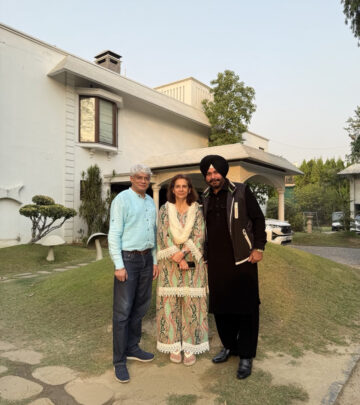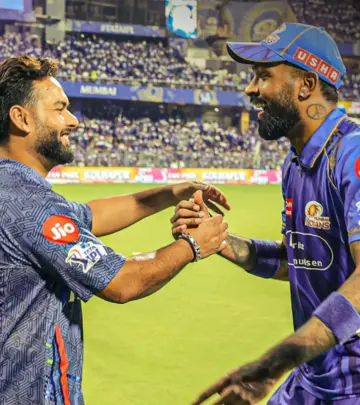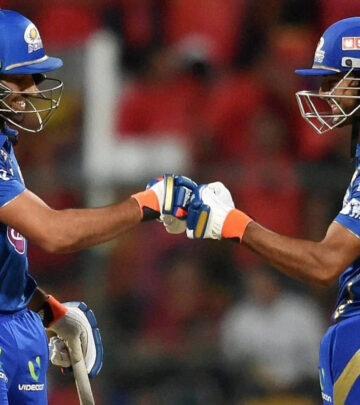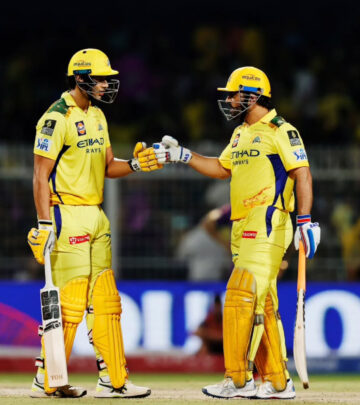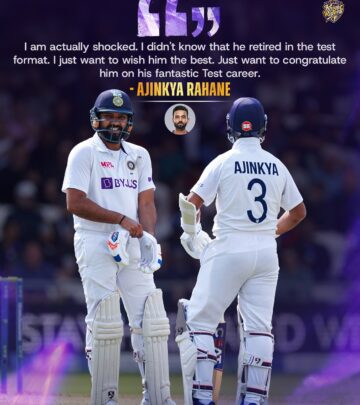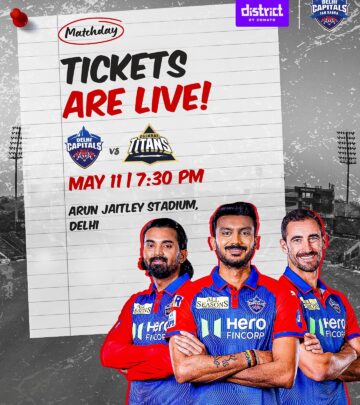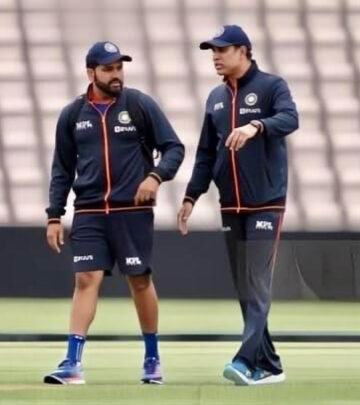Managing Ego In Team Performance
Paddy Upton shows how moderating ego boosts team synergy and cultivates success fantastic!
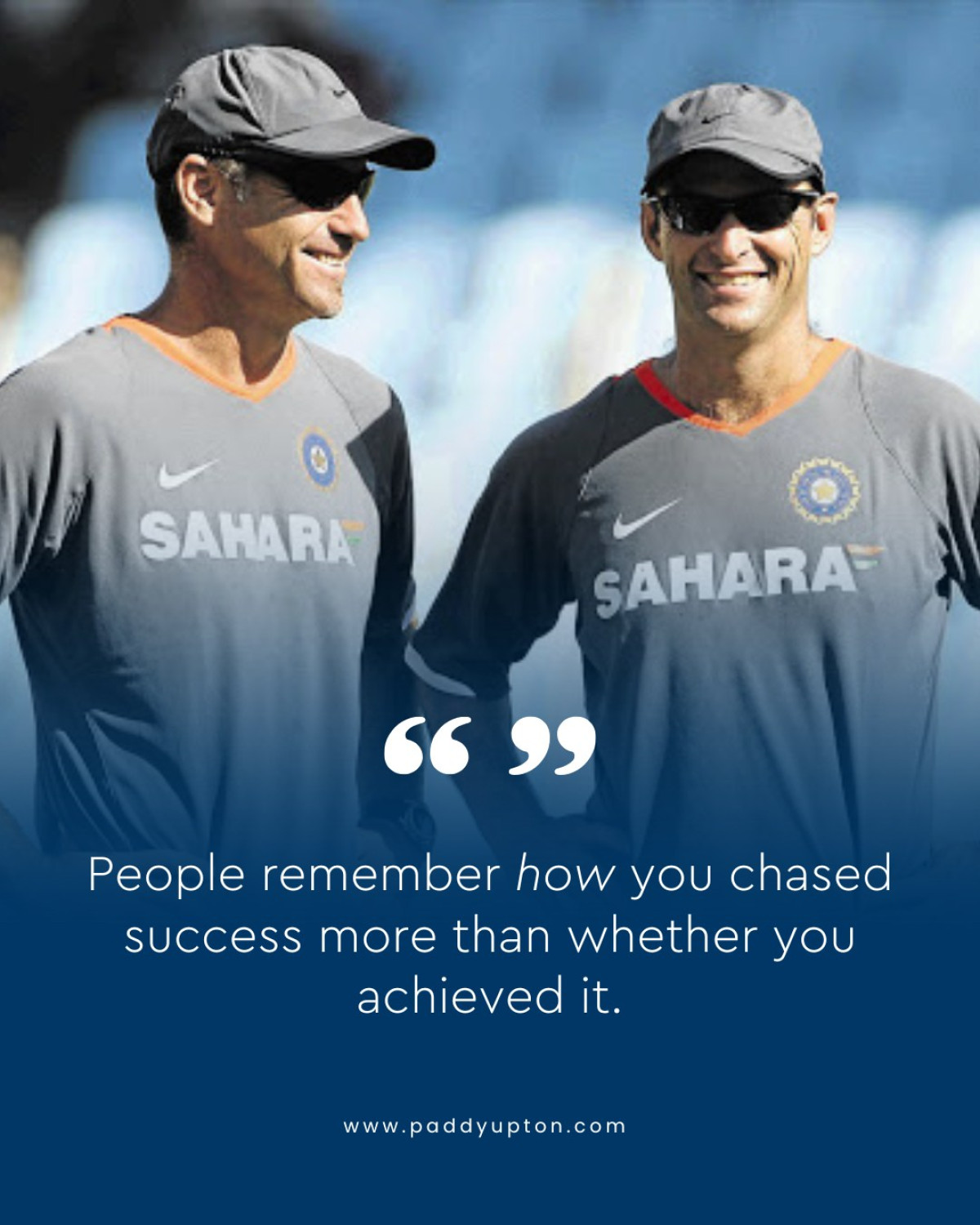
Image: Instagram
Paddy Upton, widely known as The Barefoot Coach, has once again stirred the conversation around team dynamics with his recent Instagram caption. In a straightforward yet profound message, Upton stated, “Ego isn’t something we need to get rid of. It’s something we need to manage — especially when we’re part of a team.” Through his words, he challenges the conventional notion that personal ambition must be set aside entirely in team settings. Instead, he insists that the key lies in balancing one’s individual drive with the collective agenda.
Ego Management In Team Settings
Upton’s message is clear: while it is natural to focus on personal performance, the most valuable players are those who recognize when their goals need to align with something bigger than themselves. He emphasizes that the maturity to let go of a personal agenda at times, and to support the team’s objectives, distinguishes merely good performers from those who are genuinely trusted by their peers. As he adds in his caption, “It’s easy to focus on what I want. To get caught in my performance, my agenda, my goals.” His observation invites coaches, athletes, and leaders alike to reexamine what really drives success on and off the field.
By managing personal ego, team members can build greater trust and support a culture where everyone knows their role. Upton’s words resonate not only in sports but also in other high-performance environments where leadership, accountability, and collaboration are paramount. His call to action – “Comment ‘Ego’ to get sent the full article” – reinforces his interactive approach to sharing deeper insights on leadership development and team culture.
Leadership In High-pressure Situations
Those who have followed Upton’s work over the years know that he is no stranger to high-stakes coaching scenarios. Drawing on past experiences, including his engagement with high-pressure tournament settings like the IPL and his work with teams prepping for major competitions, Upton has repeatedly underscored that leadership is truly tested when things go awry. In one of his earlier Instagram posts, he noted, “When it comes to coaching and leading, ego often shows up strongest when the pressure’s on.” Citing insights from renowned leaders such as Gary Kirsten, Upton reminds us that a leader’s character is defined not during the calm moments but when intense pressure forces a change in behavior.
In this wider narrative, his recent post reinforces the idea that flexibility and a willingness to adjust one’s focus are as crucial as technical skills or tactical know-how. By sharing real-world examples from his coaching stints—including interactions with elite athletes—Upton stresses that sustainable success often requires setting aside individual glory in favor of the group’s achievements. In environments where every decision can affect outcomes drastically, understanding that leadership is a collective endeavor forms the foundation of true high performance.
Cultivating Trust And Maturity
At the heart of Upton’s message lies the concept of maturity—learning when to metamorphose individual ambition into a collective drive. He succinctly states that the finest performers are those who know when to shift their focus, aligning their intensity with the team’s needs. This philosophy is echoed in his earlier posts where he discussed how setbacks and challenges are not just inevitable but are also opportunities to learn and improve. Whether working with the Indian men’s hockey team or guiding players through tough IPL environments, Upton has consistently demonstrated that the path to lasting confidence is paved with preparation, reflection, and an unwavering commitment to the team’s values.
For Upton, ego is not the enemy; rather, it is the uncontrolled expression of it that can derail team progress. His approach is to harness that same inner drive and channel it towards common goals. By doing so, not only do players build a deeper sense of camaraderie, but they also establish trust—both with themselves and with one another. This trust is what ultimately cultivates an environment where every team member can thrive.
Upton’s career, detailed on his Wikipedia page, highlights decades of experience working with a range of athletes and teams. His work as a coach has always reflected his belief in the importance of holistic development—one that considers mental strength, strategic agility, and ethical leadership. His coaching style, often captured through his dynamic Instagram posts, continues to influence how modern sports teams approach both success and failure.
His message couldn’t be more timely in an era where individual accolades often overshadow collective accomplishments. By encouraging his followers to manage their ego, he is advocating a culture where personal ambition and teamwork coexist harmoniously. This message is not only a lesson for sports professionals but also for leaders in other sectors who aim to drive high performance through balanced, ethical, and strategic decision-making.
The underlying theme in Upton’s insights is simple yet powerful: true leadership is about knowing when to put the team before yourself. As his caption suggests, there exists a delicate balance between personal drive and team success—a balance that, when struck correctly, leads to not only winning but doing so with a sense of integrity and mutual respect.
In conclusion, Paddy Upton’s perspective on ego management serves as a timely reminder for anyone striving to succeed within a group dynamic. His views urge leaders and team members alike to assess when to prioritize collective gains over individual performance. As the debate over ego in sports and leadership continues, Upton’s words remain a guiding light—a call to manage, rather than eliminate, one’s inner drive in the pursuit of shared victory.
Read full bio of Vidya Tadapatri



